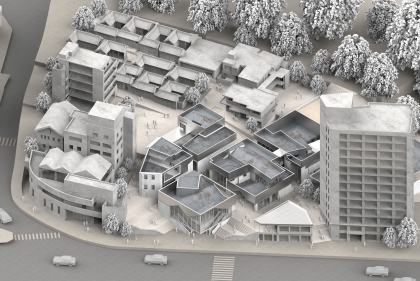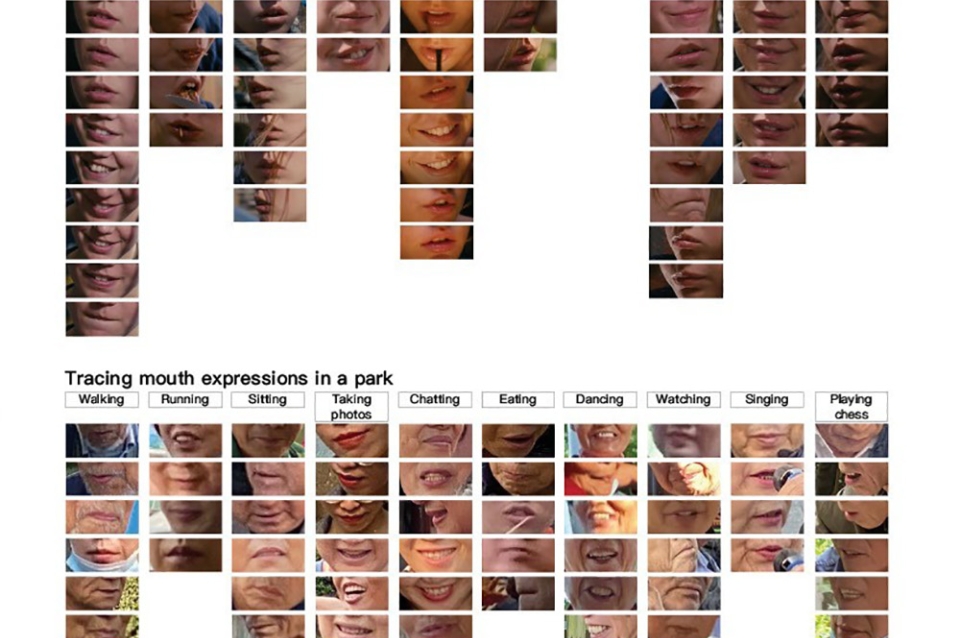December 7, 2020
Stuart Weitzman School of Design
102 Meyerson Hall
210 South 34th Street
Philadelphia, PA 19104
Get the latest Weitzman news in your Inbox
Media Contact
Michael Grant
mrgrant@design.upenn.edu
215.898.2539
Since the onset of the coronavirus pandemic, outdoor recreation spaces worldwide have been more popular than ever—sometimes to the detriment of the landscapes themselves, as foot traffic has increased dramatically. But, along with fresh air and exercise, parks offer the promise of endless people watching, whose appeal is even greater in a national lockdown.
For LARP 780: Designing Curious Methods, students in the Department of Landscape Architecture this fall were asked to understand landscapes “as events in time that will never be entirely understood, not static things sitting dumbly on the surface of the earth.” In one assignment, “Trace,” students had to trace change over time as form of investigation. In the project featured here, student Siran Chen (MLA’22) turns her attention to the experiences of visitors to public parks, collecting facial expressions of people in engaged in various activities in outdoor settings to capture the effect of the enviroment on their mood.
The seminar is taught by Sean Burkholder, the Andrew Gordon Assistant Professor of Landscape Architecture and Course Assistant Yang Du (MLA’20), with teaching assistant Lesia Mokrycke. On the seminar website, Burkholder explains:
The process of design is not something given, as there is no correct set of methods that apply to every situation. Instead, the design process is something that is crafted, curated, and continually evolving. This process of continual evolution is fueled by the curiosity of the designer–a desire to know more about the worlds we work within and how to engage them more meaningfully. Our working methods must be contingent, not steadfast. Curiosity, or the ongoing process of questioning, can be much more valuable in design than the desire to solve simple given problems.
The processes of classification and judgment are at the fundamental core of our current paradigm of Western science, with the role of experimentation serving as one of its most trusted methodologies. The work shown here attempts to turn the role of the experiment on its head. Instead of providing justification for generalizations, the experiments attempt to open up possibilities, highlight specifics and anomalies, and provide support to ideas and questions that might otherwise be overwritten or overlooked.
View more student work on the studio website.


 Expand Image
Expand Image



